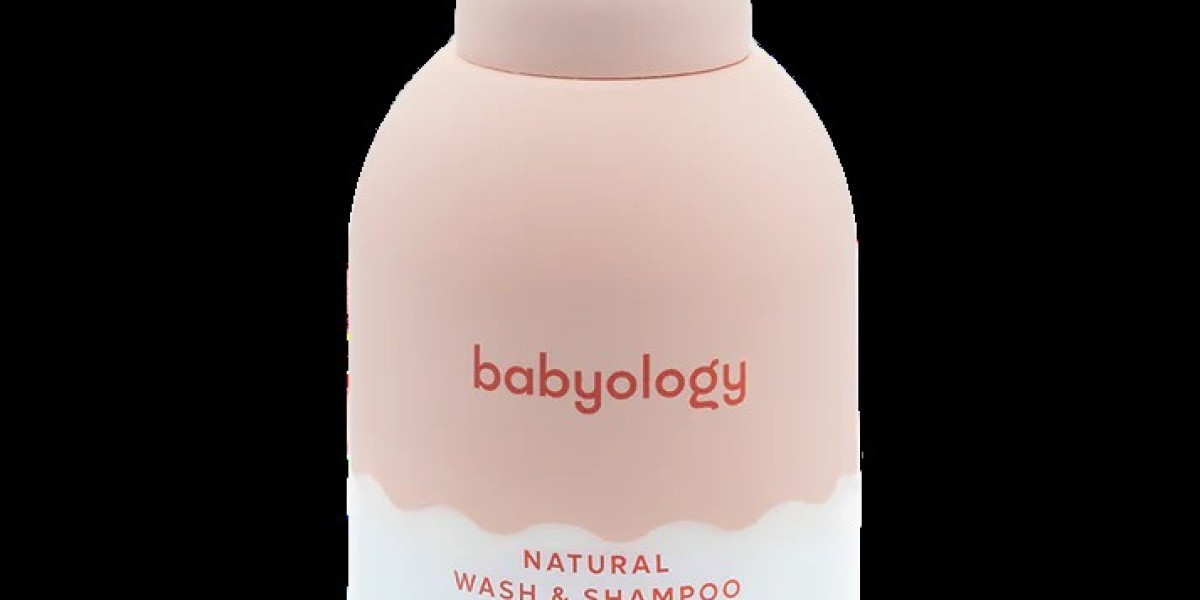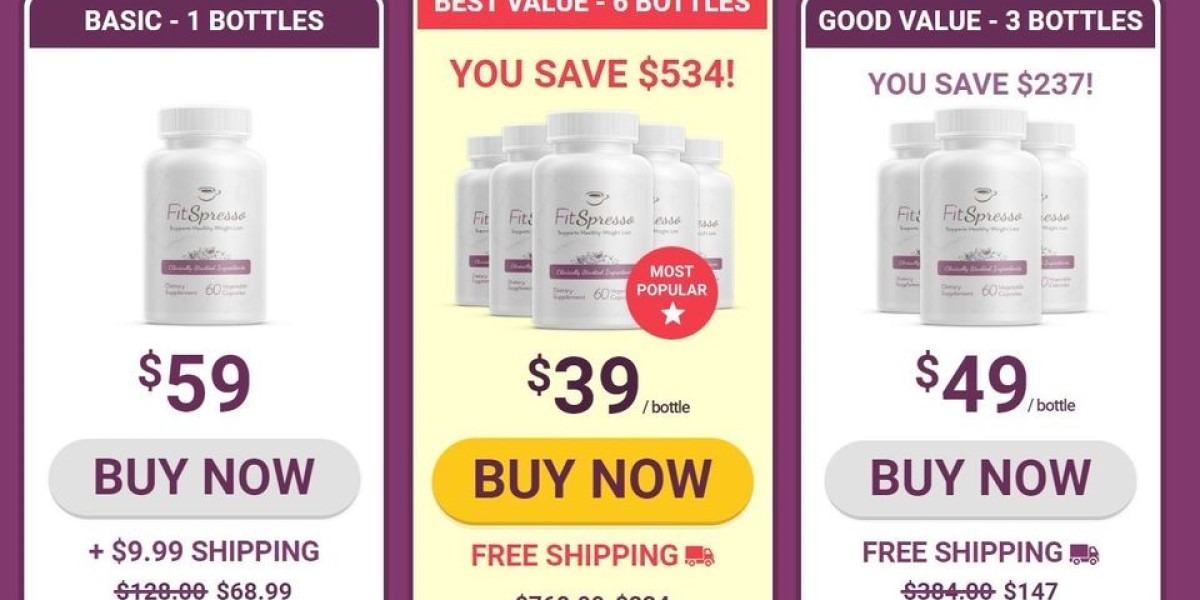In a world increasingly concerned with safety and health, the concept of edible baby shampoo has emerged as a topic of interest among parents. Designed with the innocent prospect that babies might unintentionally ingest small amounts during bath time, these shampoos claim to be made from safe, food-grade ingredients. But is this concept simply a marketing gimmick, or does it serve a real purpose? This article delves into the safety, necessity, and implications of using edible baby shampoo.
Understanding Edible Baby Shampoo
Edible baby shampoo is formulated to provide peace of mind for caregivers who worry about their little ones swallowing soap while bathing. These products are typically made from natural, non-toxic ingredients that are deemed safe for consumption in small amounts. They often avoid harmful chemicals commonly found in traditional baby shampoos, such as sulfates, parabens, and artificial fragrances. Instead, edible shampoos lean towards using food-grade ingredients like coconut oil, vegetable glycerin, and various plant extracts. This shift in formulation speaks to a growing trend of prioritizing not only the health of a baby's skin but also their overall safety during bath time.
Safety Considerations for Baby Products
The safety of any baby product is paramount, especially for products used during hygiene routines. Regulatory bodies like the FDA and the American Pediatric Association have guidelines that help ensure baby products, including shampoos, are safe for use. While edible baby shampoos are made from safer, food-grade ingredients, it's essential to remember that "edible" does not mean that all ingredients are intended for routine ingestion. Parents should consult with pediatricians and carefully read the labels of any shampoo before use. Moreover, just because a product is labeled as edible does not guarantee that it is suitable for every child, especially those with specific allergies or sensitivities.
The Necessity of Edible Baby Shampoo
Whether or not edible shampoo is necessary largely depends on individual parenting styles and preferences. For some families, particularly those with very young children who are prone to exploring their surroundings, the idea of a shampoo that is safe to ingest offers significant peace of mind. For these families, the product may be a wise choice. However, many parents successfully use traditional baby shampoos without significant issues, as long as they supervise bath time and take appropriate precautions to prevent ingestion. Ultimately, the necessity of edible baby shampoo will vary based on each family's values, lifestyle, and approach to bathing routines.
Benefits of Using Edible Baby Shampoo
One of the most significant advantages of edible baby shampoos is their focus on natural and organic ingredients, which can benefit a baby's skin and hair. Many of these shampoos prioritize moisture retention, using ingredients that are known to hydrate and soften. Furthermore, the absence of harsh chemicals leads to less irritation and sensitivity, which is crucial for a baby's delicate skin. Parents who choose these products often appreciate the peace of mind that accompanies a more holistic approach, allowing them to embrace a more natural lifestyle for their children.
Potential Downsides of Edible Baby Shampoo
Despite the benefits, there are also downsides to consider with edible baby shampoos. For one, they can be more expensive than traditional options, which may strain a budget, especially for families with multiple children. Additionally, while the ingredients are generally safer, some babies may still have allergies or sensitivities to certain botanical extracts used in these formulations. Parents should be vigilant about noticing any adverse reactions, and it's often wise to conduct a patch test before using a new shampoo extensively. Finally, the idea that a shampoo is safe to ingest might create a false sense of security, leading some parents to neglect proper supervision during bath time.








